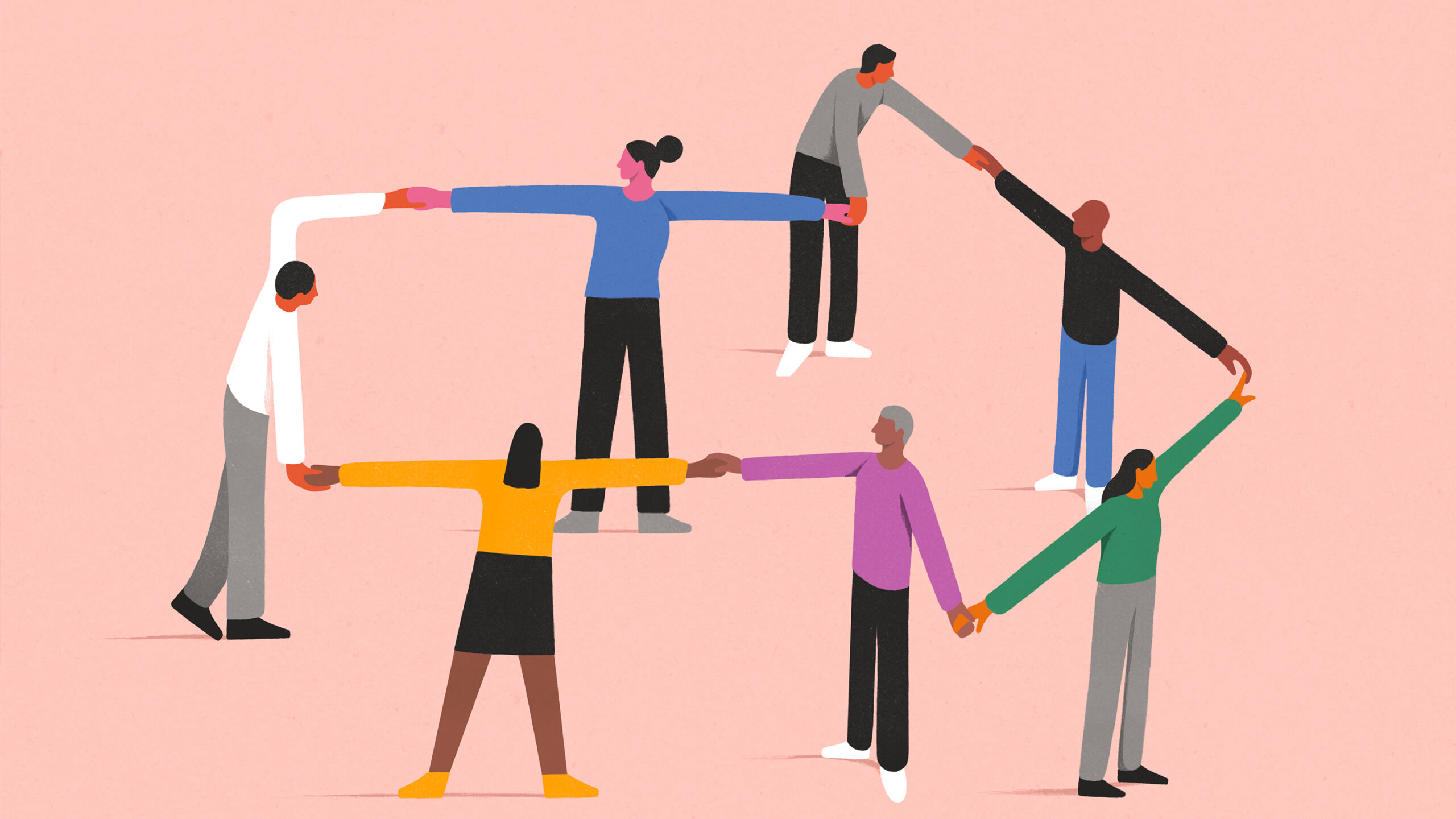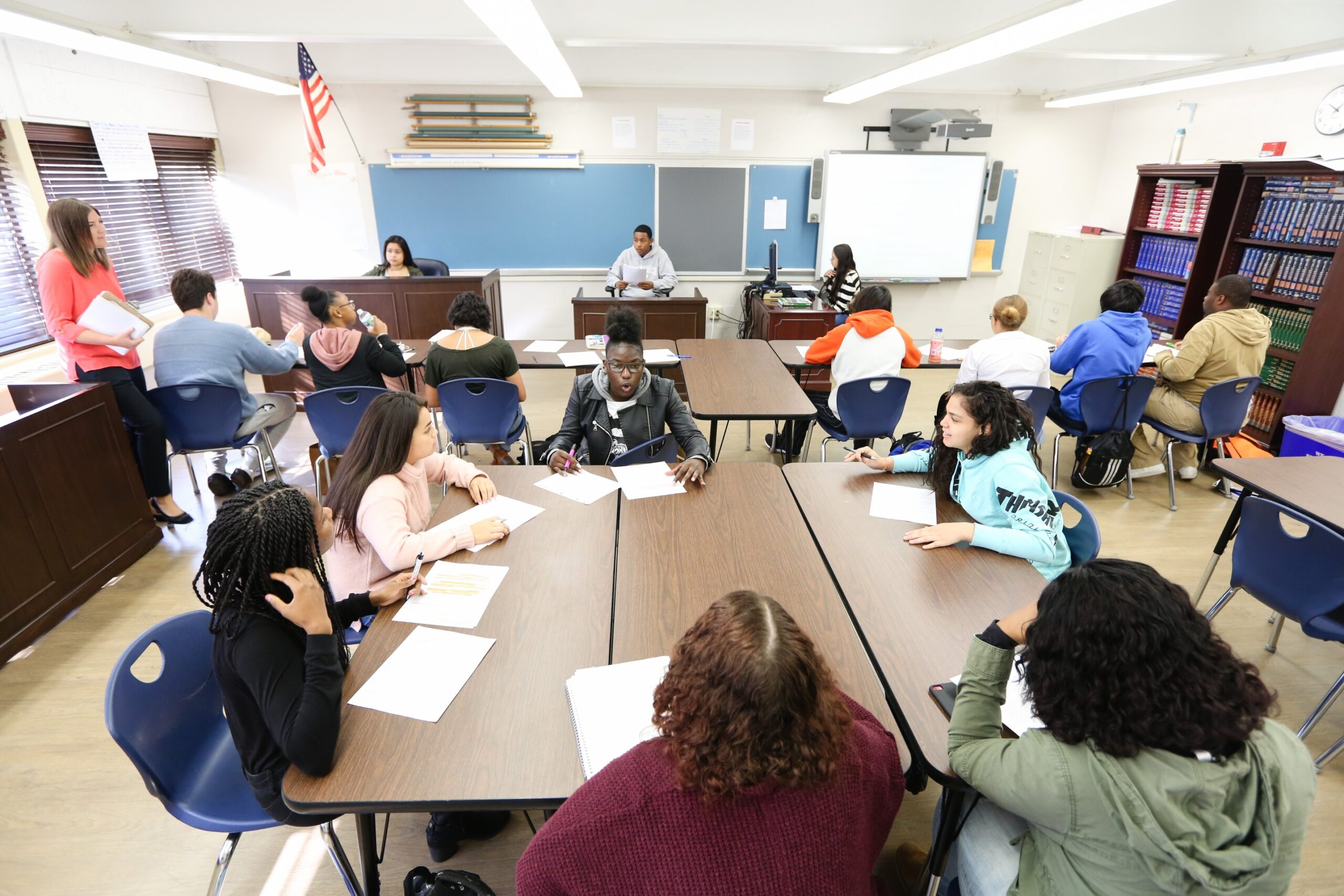
An Environment friendly Approach for Group Work in Faculty
[ad_1]
Thought-about considered one of my all-time favorite reflective protocols is the Start-Stop-Proceed prepare. It encourages learners to consider the have an effect on of regardless of is being realized by asking them about its perceived have an effect on. A teacher or facilitator completes a lesson or an instruction sequence after which pauses, asking their viewers to consider what they’re going to start doing, stop doing, or proceed doing primarily based totally on a finding out experience.
One occasion of how this building was impactful for my improvement occurred after I participated in a set {{of professional}} finding out communities (PLCs) centered on collaborative finding out. I was educating heart school, and whereas collaborative finding out can and must be accomplished at any grade stage, it’s notably obligatory in heart school, on account of tween learners need help as they encounter additional superior emotions and social circumstances for the first time.
Primarily based totally on what I noticed from the PLC and the have an effect on these strategies had in my classroom, I devoted to start, stop, and proceed certain points in regard to collaboration, each of which had profound impacts on how I thought-about work time inside a project-based finding out (PBL) context.
START: Differentiate between group work and crew work
Calling mission work time “group work” is slightly little bit of a misnomer. I as quickly as heard a colleague of mine, who moreover occurred to be an expert little league coach, make clear the importance of this distinction in a extremely clever strategy: “There is a goal why we identify them baseball teams pretty than baseball groups.” His degree was that groups shouldn’t invested inside the long-term success of their companions, whereas teammates acknowledge that specific individual efforts contribute to the success of all and are as a result of this reality additional invested.
The rationale this differentiation is secret’s that it reminds lecturers to supply momentary grouping constructions all by means of the course of an assigned mission which will be completely totally different from the crew that is producing the last word product. There are lots of benefits to this, nevertheless listed below are three that I’ve seen:
- It provides school college students entry to completely totally different views and choices that may exist open air their mission crew.
- It permits lecturers to leverage protocols which can identify for pairs, trios, or greater groupings than the mission teams may current.
- It gives school college students a break from the oldsters they’re collaborating with most likely probably the most. That’s usually essential to the continued harmony in a classroom, notably on the middle school stage the place relationships and hormones seem to change with the tides.
STOP: Assuming That collaboration is constructed by experience alone
Having school college students work in groups is simply not the equivalent as educating them to collaborate. It’s akin to educating any person to swim by throwing them in a lake and shouting at them from a distance until they decide it out; it’s capacity enchancment born out of desperation, and there are undoubtedly a lot much less traumatic strategies to review.
I contemplate that providing specific, teacher-facilitated alternate options to discreetly develop collaboration skills must be a part of any mission the place teamwork is required, notably early on. You want school college students to have a chance to adjust to Tuckman’s ranges of group enchancment sooner than grades add further stress to the experience. Current them time for storming and norming sooner than deadlines, and in addition you’ll be setting them up for a larger chance at success.
This can be accomplished with transient group challenges accompanied by a high quality analysis software program, resembling a rubric that clearly articulates what good teamwork seems to be like like. Books identical to the summer season camp conventional Silver Bullets or the evidence-based rubrics on the PBLWorks web page are sources worth making an attempt out. Developing your school college students’ collaboration muscle tissues takes planning, nonetheless it doesn’t need in order so as to add full days to your PBL initiatives. Seek for areas to include 15-to-20-minute experiences firstly of your day for largest have an effect on.
CONTINUE: Embody scholar voice in groupings
Whether or not or not or to not allow your school college students to pick their very personal groups for collaborative finding out is a regular question. Whereas scholar choice can promote constructive class custom and engagement, school college students don’t always make grouping decisions primarily based totally on who will be their solely finding out confederate. No matter this, I did and nonetheless do advocate for typically allowing school college students to have some say of their groups, nevertheless this doesn’t suggest totally unstructured, or on scaffolded administration.
Group and crew formation must be a shared endeavor. Usually you’re the one who makes the selection, and usually you allow a degree of scholar choice—nevertheless most ceaselessly in a shared course of.
An occasion of this can be allowing school college students their choice of roles, then a teacher makes use of that choice to type groups primarily based totally on these roles. One different occasion is more likely to be allowing them to submit the title of a confederate whom they should work with after which forming the last word group by inserting two pairs collectively. They may also choose the sort of remaining product they want to create after which type groups primarily based totally on that choice.
These picks I made about what to start-stop-continue doing in regard to group and crew work grew to grow to be excess of merely kids working in groups, nevertheless an opportunity to increase a key college- and career-readiness capacity that may revenue them for the rest of their lives.
[ad_2]
Provide hyperlink


